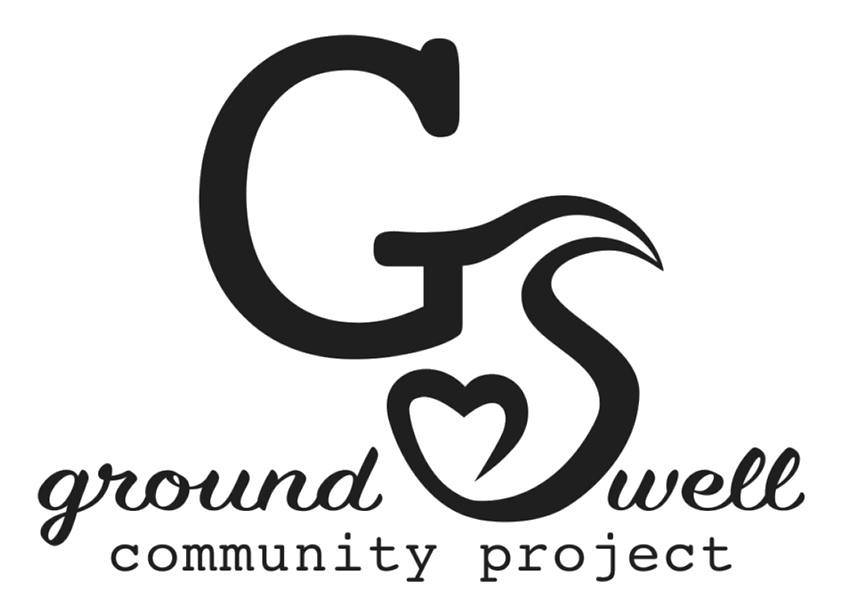By the way, I’m Bipolar too (2)
Tracey Chester, LMFT, founder of the Pain Trauma Institute, and long time partner of Groundswell community Project shares her story about living and thriving with Bipolar 2 in this powerful blog that dis-spells a lot of misconceptions around living with and navigating life with Bipolar.
This is a powerful read for both those living with or in relationship with individuals living with the diagnosis of Bipolar 2. We encourage you to take time to know the person behind the diagnosis and reach out to Tracey and the Pain Trauma Institute for resources and support as we surf these waves of life together.
___________________
“She also told me that next time I should tell the anesthesiologist I have bipolar disorder, that my response would likely be more than anxiety, and they would need to alter the cocktail.
Tell them I have bipolar disorder? It didn’t even occur to me to tell them that.
Why? I don’t identify with this diagnosis; and because I am stable on my medications, I don’t feel a need to tell them about it. They have my list of medications; they can see for themselves. instead, I call it what it is, Complex Developmental Trauma. The symptoms manifest as the same symptoms of bipolar 2 (“too”, see the wordplay in the title?).
Everyone with complex trauma, likely would qualify for a diagnosis of a mood disorder, due to the illness itself and the medical trauma that can go along with it. For most mental illnesses, certain symptoms cluster, and diagnoses exist to describe these clusters. This way the doctor has an idea what your predominant symptoms are, and medications that are typically used. One person may be diagnosed with ADHD, this is their symptom cluster. Another, may be diagnosed with Major Depressive Disorder
Diagnoses exist for one reason only, to help doctors understand how to treat your symptoms.
Your diagnosis does not define you.
I don’t like to use the word “disorder”, because that is not what it is.
“Symptoms” are adaptations gone awry from earlier repetitive stressors. The events are over, but the adaptations remain. My brain still maintains a hypervigilant state from years of chronic stress, and sometimes it goes into “freeze” mode, which looks like extreme depression. My nervous system can become severely dysregulated.
So, I have leaned away from clinical language, not only with myself but with my patients as well. There is so much shame and stigma accompanied with bipolar disorder. But …”
